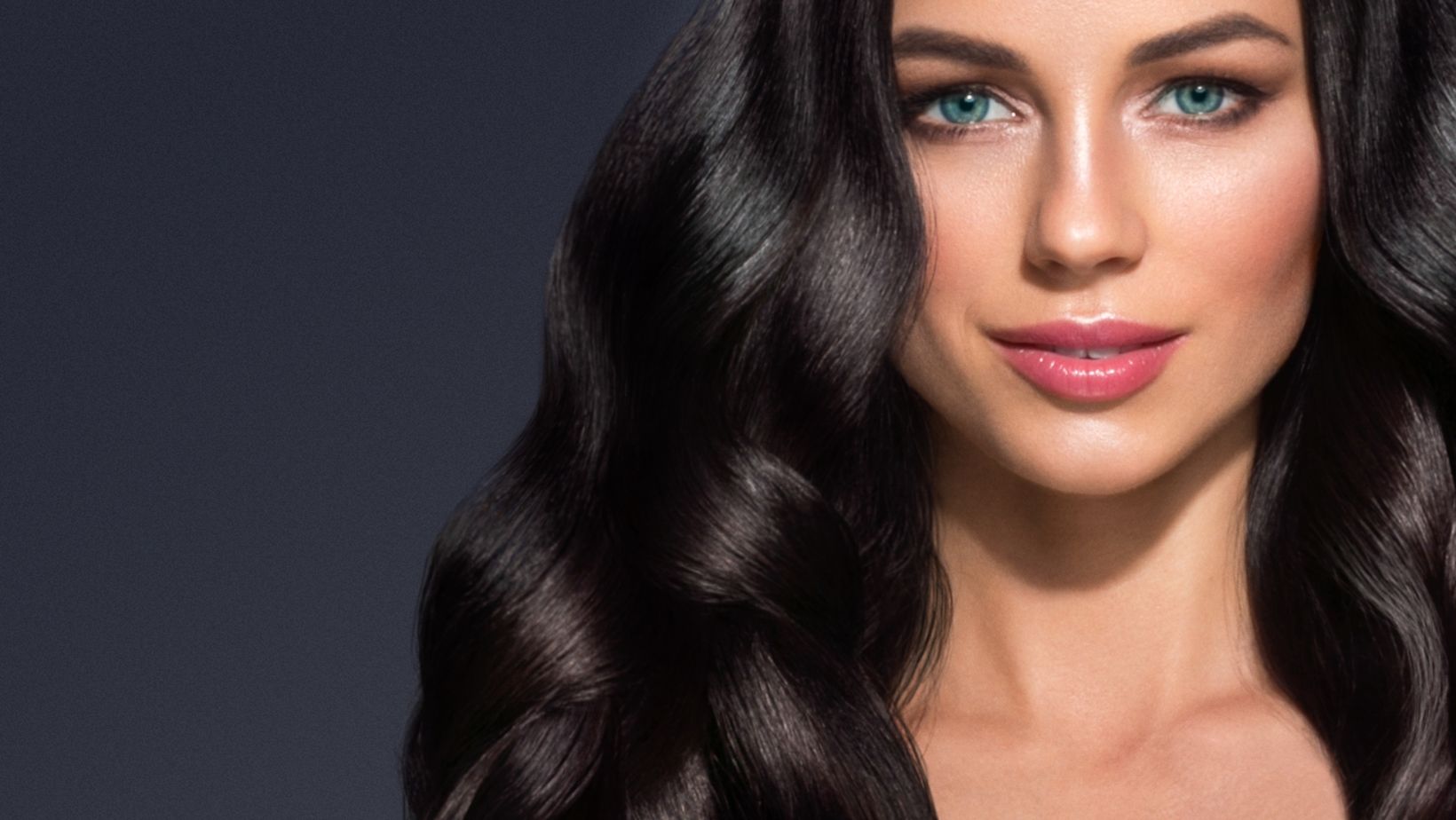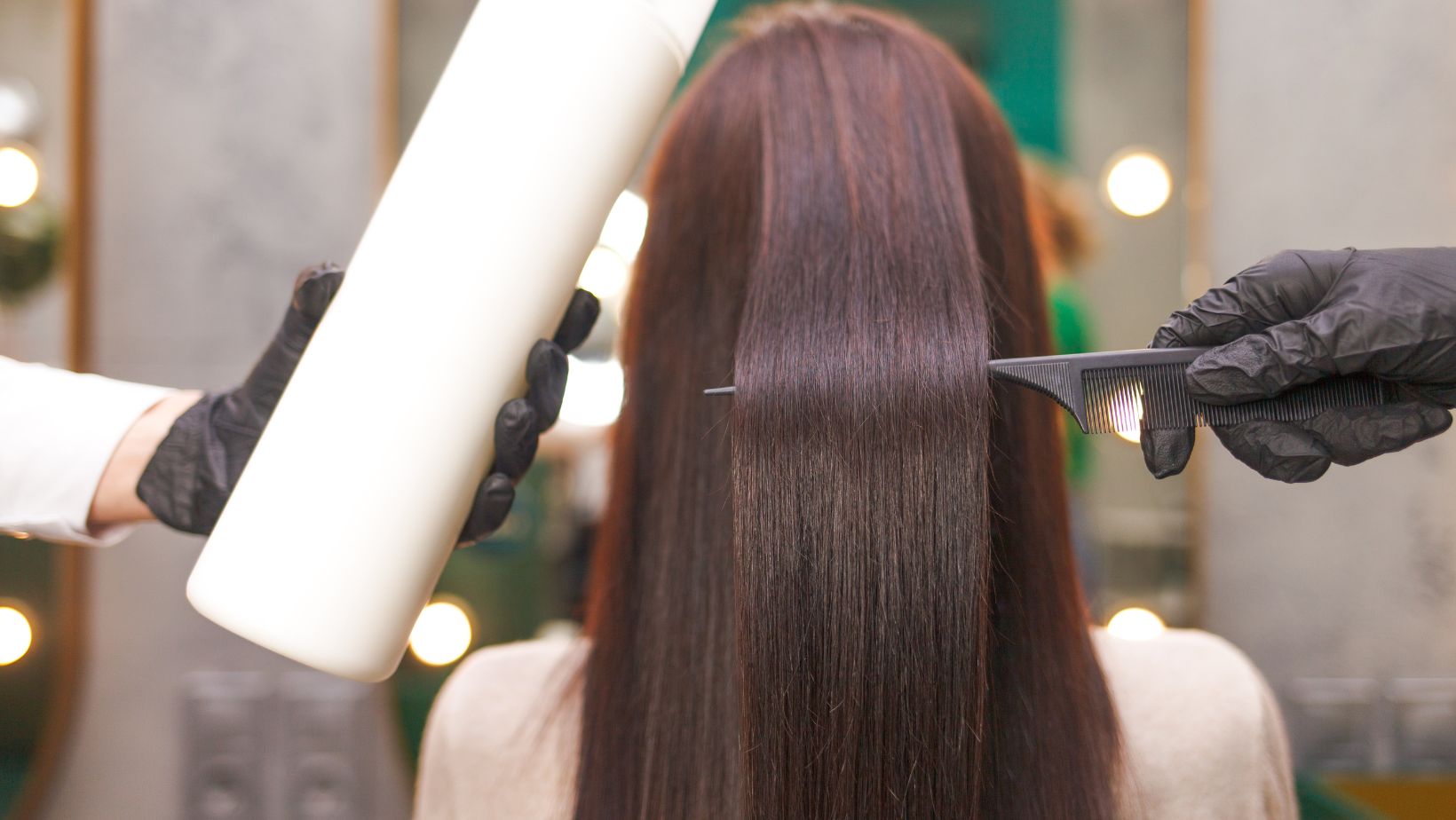Know Why Silicone on Natural Hair Just Rock!

Silicone on Natural Hair
I’ll never forget the first time I discovered the wonders of silicone on natural hair. As someone with curly locks that can be quite unruly at times, finding a product that could tame my frizz and add shine seemed like a dream come true. Little did I know that silicone would become a staple in my hair care routine, transforming my mane into a smooth and glossy masterpiece. In this article, I’ll delve into the benefits of using silicone on natural hair and share some tips on how to incorporate it into your own hair care regimen.
When it comes to silicone on natural hair, there are often misconceptions and concerns about its effects. However, as someone who has extensively researched and experimented with this ingredient, I can confidently say that it can be a game-changer for those with textured tresses. Silicone forms a protective barrier around each strand, sealing in moisture and preventing frizz. It also provides a smooth surface, making detangling and styling a breeze. In the following paragraphs, I’ll delve into the science behind silicone and explain why it’s a valuable addition to any natural hair routine.
Effects of Silicone on Natural Hair
Silicone can have both positive and negative effects on natural hair. Understanding how silicone affects your hair is essential in determining whether it’s the right choice for your hair care routine.
Positive Effects:
- Sealing in moisture: Silicone forms a protective barrier around each hair strand, preventing moisture loss. This can be especially beneficial for natural hair, which tends to be more prone to dryness.
- Reducing frizz: The smooth surface created by silicone helps to prevent frizz by smoothing down the hair cuticle. This can result in sleeker, more manageable hair.
- Enhancing shine: Silicone can provide a glossy appearance to your hair, making it look healthier and more vibrant.
Negative Effects:
- Build-up: Some silicones are not water-soluble, meaning they can build up on the hair over time, causing it to become weighed down and dull. This build-up can also lead to product residue and inhibit moisture absorption.
- Masking damage: Silicone can create a temporary illusion of healthier hair by coating the strands and temporarily masking damage. However, it does not actually repair the hair or address the underlying issues.
- Impaired penetration of beneficial ingredients: Silicones can create a barrier that hinders the penetration of other beneficial hair care ingredients, such as conditioners, moisturizers, or protein treatments.
It’s important to note that not all silicones are created equal. Some lighter silicones, such as “dimethicone” or “cyclopentasiloxane,” are less likely to cause build-up and can be beneficial for natural hair when used correctly and in moderation.
Silicone can have both positive and negative effects on natural hair. It can help in sealing moisture, reducing frizz, and enhancing shine. However, it can also cause build-up, mask damage, and impair the penetration of beneficial ingredients. Understanding your hair’s needs and using silicones in moderation is key to experiencing the benefits without the drawbacks.

Pros of Using Silicone on Natural Hair
When it comes to natural hair care, there is a lot of debate surrounding the use of silicone. Some believe it is detrimental to the health of your locks, while others find it to be a valuable ingredient in their hair care routine. As someone who has been exploring the benefits and drawbacks of silicone on natural hair for years, I can confidently say that there are indeed several pros to using silicone. Let’s dive into them:
1. Moisture Sealant: One of the main advantages of silicone is its ability to create a barrier that seals in moisture. This means that after applying a product with silicone, your hair is less likely to lose moisture and become dry and brittle. It acts as a protective layer, locking in hydration and helping your hair stay moisturized for longer.
2. Frizz Reduction: If you struggle with frizzy hair, silicones can be a game-changer. These ingredients form a smooth coating over the hair shaft, smoothing down the cuticles and reducing friction. This results in fewer flyaways and a sleeker overall appearance. Say goodbye to unruly hair days!
3. Enhanced Shine: Silicones have a unique quality to make your hair appear shinier and more lustrous. By reflecting light off the smooth surface they create, your locks can achieve a beautiful, glossy appearance. If you want to add that extra touch of radiance to your natural hair, silicones can be a great option.
4. Heat Protection: Many silicone-based styling products offer heat protection benefits. These products can act as a shield, minimizing damage from hot tools such as curling irons or straighteners. So, if you love using heat to style your hair but want to minimize the potential harm, silicone-infused products can offer some much-needed protection.
Using silicone on natural hair can have several positive effects. It helps seal in moisture, reduces frizz, enhances shine, and can provide heat protection. However, it’s important to use silicone in moderation and choose products that suit your hair’s specific needs, as excessive use can result in product buildup and mask underlying damage. With careful consideration, silicone can be a valuable tool in your natural hair care arsenal.
What's Your Reaction?
Deepak is a lover of nature and all things sporty. He loves to spend time outdoors, surrounded by the beauty of the natural world. Whether he's hiking, biking, or camping, Deepak enjoys being active and in touch with nature. He also loves to compete and push himself to his limits. Deepak is an avid cyclist, runner, and swimmer. He has competed in several triathlons and marathons, and is always looking for new challenges to take on.


